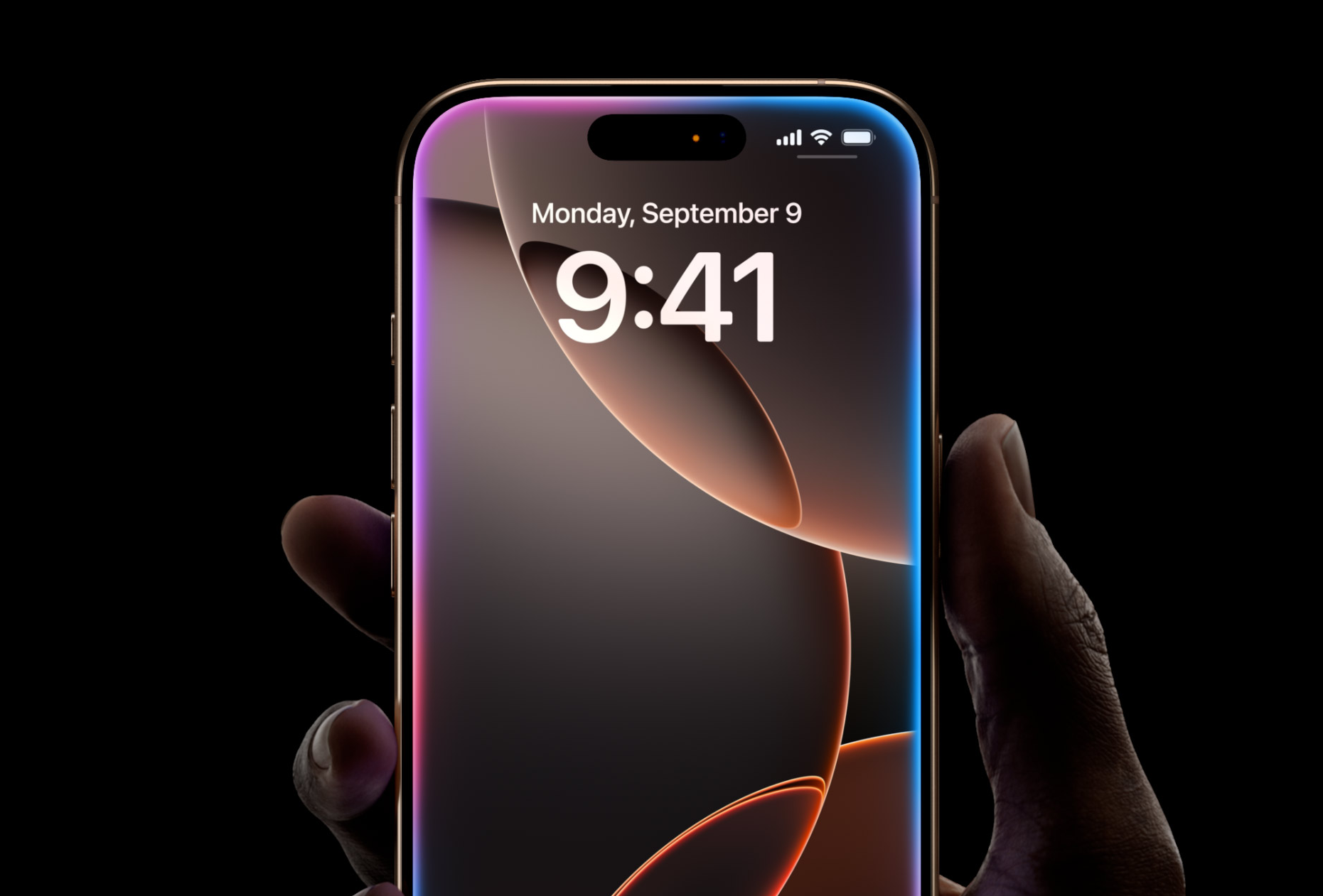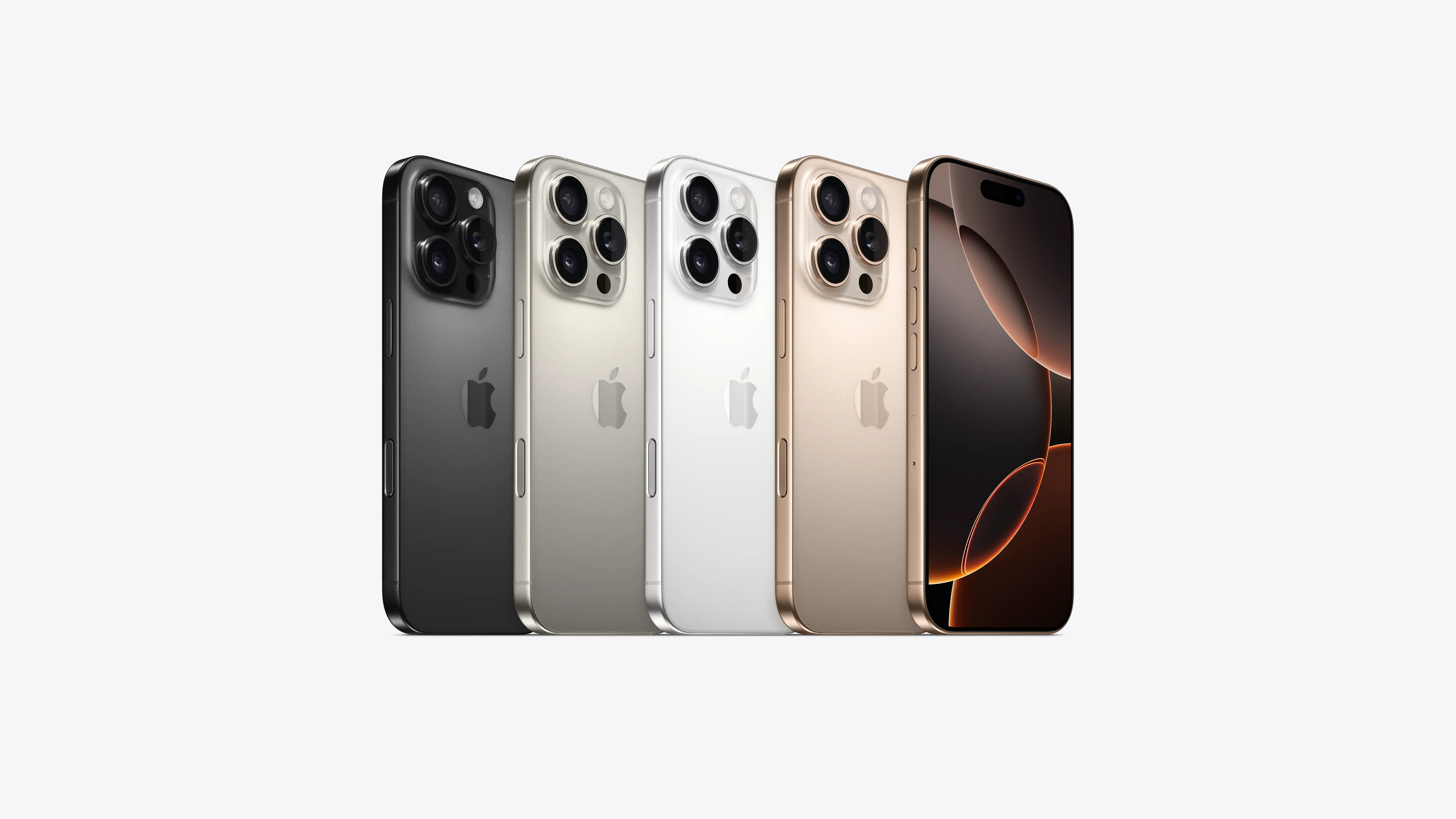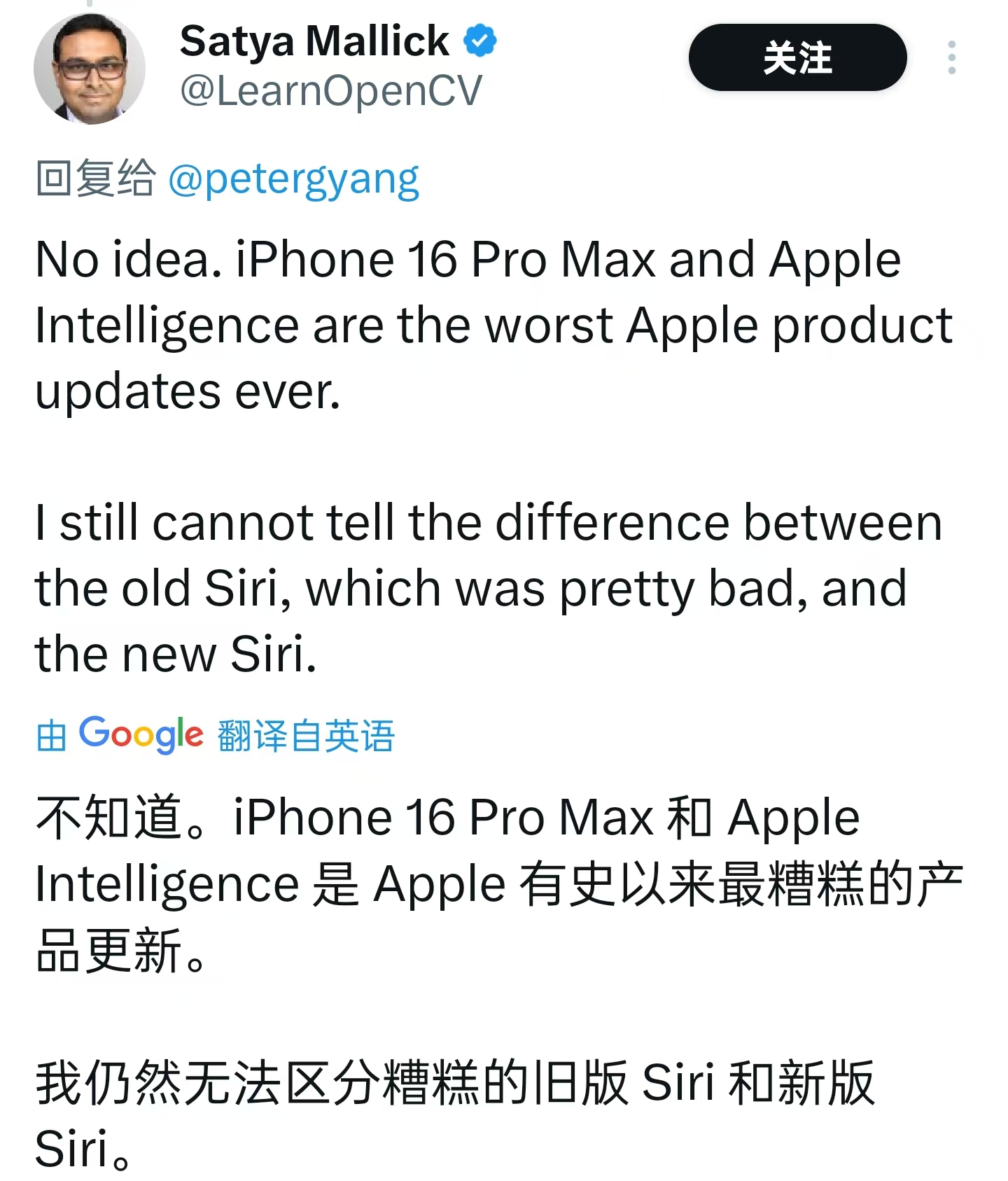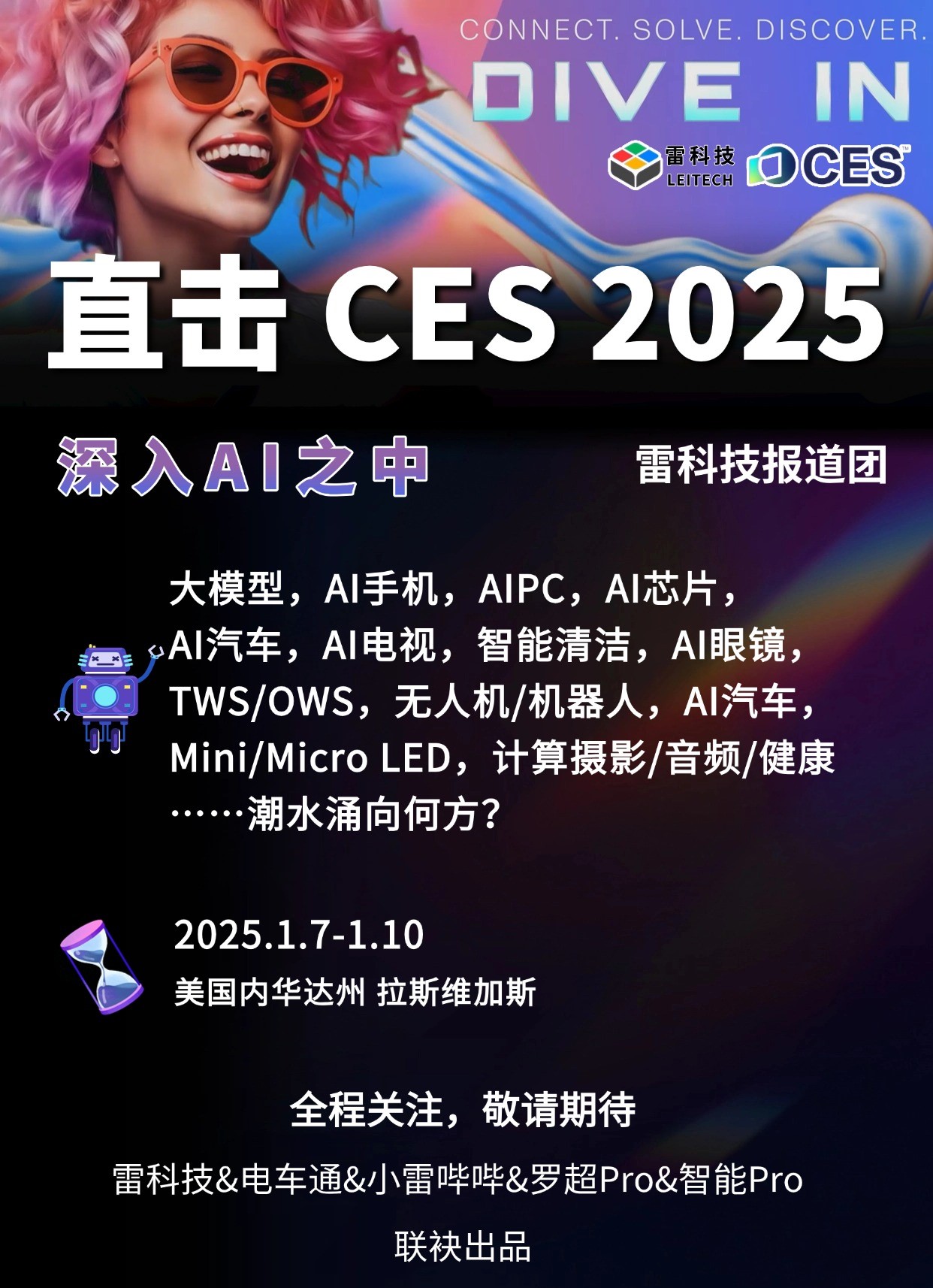iOS 19 Unveiled: Siri's Potential Transformation with Apple's In-house AI
![]() 12/24 2024
12/24 2024
![]() 633
633
Siri's Potential Transformation with Apple's In-house AI
As Apple's iPhone 17 series captivates the market, anticipation builds for the next generation of iOS. Mark Gurman, a prominent tech journalist from Bloomberg, recently revealed that Apple plans a significant Siri upgrade at WWDC25 in June 2025, promising capabilities akin to ChatGPT, potentially leveraging Apple's in-house AI technology.
Currently, Apple relies on third-party AI models, including ChatGPT for international users and potential partnerships with Chinese tech giants like Baidu, ByteDance, and Tencent for domestic versions. However, the fate of these intelligent features in China remains uncertain.

(Image courtesy of Apple)
Public reception to ChatGPT-powered Apple Intelligence has been lukewarm, citing mediocre performance and irrelevant responses. SellCell data indicates that while nearly half of iPhone users consider AI support crucial in their purchase decisions, 73% find minimal enhancement post-purchase.
The question arises: Can Apple reverse the current perception and performance of Siri by replacing third-party models with its in-house AI?
"Apple-Branded AI" on the Horizon
Since its inception, Siri has been a cornerstone of major iOS updates.
iOS 19 was first hinted at on June 30, 2024, less than 20 days before iOS 18's unveiling. Mark Gurman broke the news, revealing the codename "Luck," symbolizing fortune in Chinese. Recent updates from cultofmac and Gurman suggest significant Siri enhancements based on large language models, enabling multi-turn natural language dialogues akin to ChatGPT.
While currently integrated with ChatGPT for complex queries, Apple has also developed on-device and server models to adapt to user habits and optimize device efficiency.
Lei Tech speculates that Apple might integrate its in-house AI model into Siri, aiming to replace ChatGPT and future third-party models, reflecting a desire for technological independence.
Fortunately, iPhoneSoft reports that all current iOS 18-compatible iPhones, including the iPhone XS and XR, will receive the iOS 19 update if leaks are accurate, extending the lifespan of older devices.

(Image courtesy of Apple)
However, Lei Tech cautions that older devices may experience feature limitations and downgraded animation rendering in iOS 19.
Moreover, Gurman notes that iOS 18's phased update strategy, focusing on AI features, delayed iOS 19's development, potentially pushing new features from iOS 18 to iOS 19.
Particularly concerning for Apple Intelligence, WWDC24 emphasized strict device requirements, necessitating at least 8GB of RAM. Chinese iPhone users have yet to experience Apple Intelligence.
There may be exceptions. Apple initially emphasized hardware requirements for Stage Manager but later expanded support to older devices. Similarly, to expedite Apple Intelligence's rollout, partial features may be available on hardware-insufficient iPhones.
Can In-house Large Models Rescue "Intellectually Limited" Siri?
Siri's origins trace back to the Cognitive Assistant that Learns and Organizes, the largest AI project in U.S. history, initially offering text chat services. Collaboration with Nuance, the world's largest speech recognition vendor, endowed Siri with speech recognition.
Acquired by Apple in 2010 for $150 to $250 million, Siri was integrated into the iPhone 4S in 2011, pioneering voice-activated phone assistants. However, early versions were criticized for their limited capabilities and frequent web search redirections, earning the moniker "intellectually limited."
In the era of large AI models, complaints persist. Apple Intelligence offers limited daily use upgrades and generates factually inaccurate summaries, disappointing users.
User feedback on platforms like X highlights Apple Intelligence's shortcomings, with some considering returning their iPhones or deeming it Apple's worst product update.

(Image from X platform)
Apple Intelligence's generative capability currently relies on ChatGPT integration, a short-term leap but lacking deep integration with Apple devices.
Entering the Chinese market necessitates partnering with local AI providers due to regulatory and language support challenges. Early rumors suggested Baidu, while recent leaks mention Tencent and ByteDance. However, finalizing these partnerships poses significant hurdles.
Third-party models may serve as a transitional solution but questions remain about Apple's in-house AI model's performance, integration into Apple's ecosystem, and potential to change user habits.
AIOS as the New Trend; Apple Cannot Afford Complacency
The success of AI large model technology hinges on the model's performance, significantly impacting user experience across devices, exemplified by the iPhone.
Apple Intelligence represents a significant yet awkward upgrade, falling short of reviving iPhone innovation. Despite potential domestic launch, substantial subsidies may be more appealing than the current Apple Intelligence experience.
Replacing third-party models with Apple's in-house AI could theoretically eliminate the "outsourced task" step, enhancing Siri's integration and deepening software-hardware synergy.
However, Lei Tech doubts this will transform Siri dramatically. It merely replaces one solution with another, enhancing AI within the existing system rather than creating a native AIOS. While it may handle complex commands and leverage generative model features, this falls short of a tantalizing prospect.
Chinese AI phones lead in this regard, redefining the AI system for large-scale parallel computing and complex actions. For instance, Honor's YOYO can order 2000 cups of coffee with a single command, a feat unattainable with traditional systems, enabling "autonomous driving" of phones and fundamentally changing user habits.
Apple lags in generative model integration and software-hardware synergy experiences, sometimes following Android features, shifting from a leader to a follower. While Apple dominates with its iPhone and brand, future smartphone competition will center on "autonomous systems." Apple's ability to keep pace with Chinese competitors hinges on its AI prowess.
First and foremost, Apple Intelligence must reach domestic users.
As CES 2025 grandly opens on January 7, 2025, Lei Tech's reporting team is poised for live coverage from Las Vegas, USA. Stay tuned.

Source: Lei Tech






